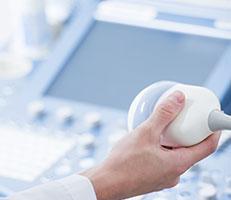Breast Lump Specialist
Elizabeth Arena, MD F.A.C.S.
Board Certified Surgical Oncologist & Director, Breast Center at Surgery Group LA located in Los Angeles, CA
2 Total Reviews
While benign lumps in the breast are very common, they can be alarming until you’re sure they are not cancerous and do not need treatment. Elizabeth Arena, M.D., F.A.C.S. of Beverly Grove, Los Angeles, offers assessment, diagnosis, and treatment for breast lumps. For a comprehensive consultation, call the office or schedule an appointment online today.
Breast Lump Q & A
What is a breast lump?
A breast lump is an abnormal growth in the breast tissue. A lump typically feels different than the tissue surrounding it. While breast lumps are very common and most are noncancerous, it’s essential that you have an evaluation to confirm that you don’t have breast cancer.
A lump may feel like swelling in a small, localized area, a bulge, or bump in the breast tissue. The lump may have associated fever, discharge, or breast pain. Lumps may vary in size and shape, often correlating with hormonal cycles.
Women often locate breast lumps during monthly self-breast examinations, which can lead to early detection of breast cancer or other breast conditions.
When is a breast lump concerning?
If you have any of the following symptoms, you need to schedule a breast evaluation immediately:
- Newly discovered thickening or lump in your breast
- Breast pain that extends past your period
- Changes in your breast size or shape
- Skin changes, including itchiness, redness, puckering, dimpling, or scaling
- Newly inverted nipple
- Abnormal nipple discharge
If you have these symptoms, make an appointment with the team at Elizabeth Arena, MD, for a comprehensive assessment to determine the underlying cause.
What causes breast lumps?
There are many possible causes for breast lumps. The most concerning reason for a lump in your breast is breast cancer. Less concerning, noncancerous causes of breast lumps include:
- Age-related changes
- Infection or abscess
- Fluid-filled cysts
- Fibrocystic growths
- Lipoma (fatty growth)
- Intraductal papillomas (wart-like growths on the milk ducts)
A comprehensive assessment helps verify the underlying cause of your breast lumps. Depending on the cause, treatments may include close monitoring, a high-risk screening protocol, lumpectomy, radiation, antibiotics, or oral pain medication to relieve tenderness. Most breast lumps don’t require any treatment.
How is a breast lump diagnosed?
When you have a breast lump, schedule an appointment with the team at Elizabeth Arena, MD, as soon as possible. Dr. Arena performs a physical breast examination and asks you questions related to any associated symptoms.
She also orders diagnostic testing, which may include one or more of the following:
- In-office ultrasound
- Magnetic resonance imaging (MRI)
- Mammogram
- Biopsy
These tests can help rule out or identify breast cancer or other causes of your breast lump. Dr. Arena works with you to develop a plan of care using holistic strategies. She takes time to discuss treatment options and allows you to make decisions that best fit your needs.
For a comprehensive assessment of your breast lump, call the office or schedule an appointment with the practice of Elizabeth Arena, M.D., F.A.C.S.
SERVICES
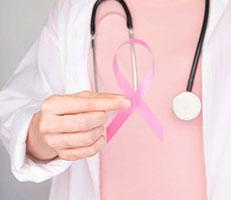
Breast Cancer

Nipple Sparing Mastectomy
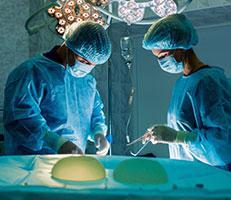
Oncoplastic Surgery

Breast Lump

Breast Pain
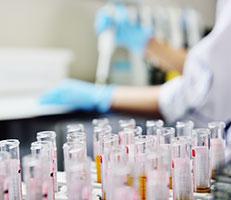
Genetic Testing
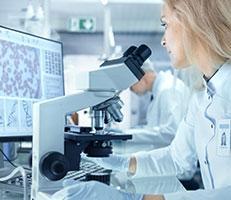
High Risk Screening
